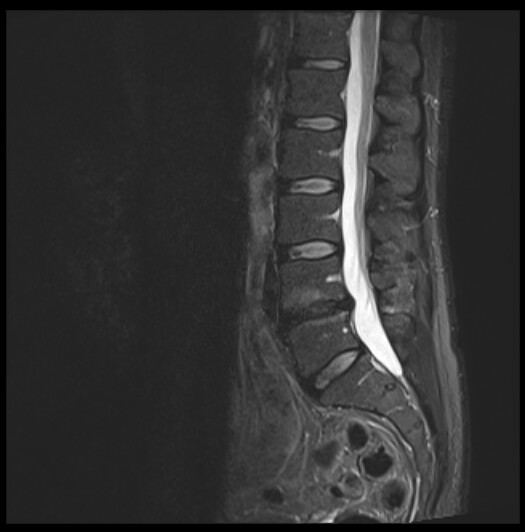- Joined
- 12 Feb 2014
- Messages
- 1,347
- Reaction score
- 428
- Country

Have had backache for the past two years, started off taking co-codamol a couple of times a day. Ache turned to pain about six months ago and was put on Tramodol about three months ago. If I was of working age I know I would be taking a lot of time off work.
Went to Doctors last Friday and asked if an x-ray would be possible. Told that they are being told not to send patients for x-rays for back problems.
Have been referred for physiotherapy!
Anyone else been told that a referral to x-ray or another hospital service is being restricted?
Can only assume this is a money saving tactic.
Went to Doctors last Friday and asked if an x-ray would be possible. Told that they are being told not to send patients for x-rays for back problems.
Have been referred for physiotherapy!
Anyone else been told that a referral to x-ray or another hospital service is being restricted?
Can only assume this is a money saving tactic.

